Massachusetts Equine Clinic
What to Do in an Equine Emergency
Call our office immediately. Our phone lines are open during normal business hours, and we have an emergency veterinarian on call after-hours, weekends, and holidays.
Provide your veterinarian with information over the phone. We rely on you to provide us with the following information regarding your horse’s condition and may triage with you over the phone. We will use this information to address your horse’s needs in the most efficient and effective manner possible.
The horse: Horse’s name, owner, location, – We may ask you for breed, age, breeding dates, history of colic, deworming, vaccination history, recently shod, new hay, new horses in barn, recent work/travel history or other veterinary services.
The problem: What is the exact problem (laceration, colic, lameness, etc.)? How long has it been going on? What are the signs that you are observing? Have these signs changed, gotten better or worse? Has there been any treatment (Banamine, bran mash, etc)? What was the effect of the treatment?
How is the horse right now? Location (standing quietly on cross ties, thrashing, or cast in a stall, etc), (bright, dull, non-responsive), temperature, heart rate, respiratory rate and effort, gums (color, wet/dry)? gut sounds, manure production and consistency (dry, wet, diarrhea), nasal discharge (one/both nostril, clear, mucoid, green). If a horse is in acute distress or it is dangerous for you to obtain this information, then please do not put yourself at risk.
3. Follow our instructions and wait for a veterinarian to arrive.
Please understand that our on-call services are based on cell service, and there may be times where we have to finish another emergency, travel long distances, or be otherwise delayed in meeting you and your horse. Getting to our patients and treating them effectively and in a timely manner is of the utmost importance to us.
As with any of our clients, we also ask that a permission from giving us your consent to treat your horse has been signed prior to performing these services. It is especially important during an emergency situation where you the owner may not be reachable or may not even be present during treatment, that the person acting on your behalf has the legal and financial authority to make decisions regarding your horse. At no point should patient care of your horse’s well-being be jeopardized by paperwork and the details, but an emergency can be dealt with more efficiently if these details are taken care of ahead of time.

Common Equine Emergencies
The following emergencies make up the majority of problems treated by our veterinarians.
Fractures - If your horse breaks a limb,he/she will need to be treated right away. The same is true of a horse who suddenly becomes lame, especially if the lame leg shows signs of a break such as swelling or heat.
Dehydration - Horses need about 1 liter of fluid per hour, but those used for work or athletic purposes may need much more. If a horse develops diarrhea, this may cause dehydration very quickly . Horses must be treated with fluid therapy.
Colic - Horses who develop colic are painful and are often in need of water and mineral oil. This process can be completed via nasogastric tubing, which is an emergency procedure.
Intestinal blockage - Blockages cause the abdomen to swell with gas, which can be painful and even dangerous if left untreated. Emergency equine veterinarians can remove the buildup of gas in the horse’s abdomen and then proceed with treatment from there.
Choking - Horses may swallow foreign objects or may suffer injuries that cause a blockage in the trachea. If this happens, the emergency equine veterinarian can treat this to help the horse breathe.
If your horse is in need of immediate medical attention, don't wait, and call us immediately at (508) 278-6511 to speak with an on-call veterinarian.

